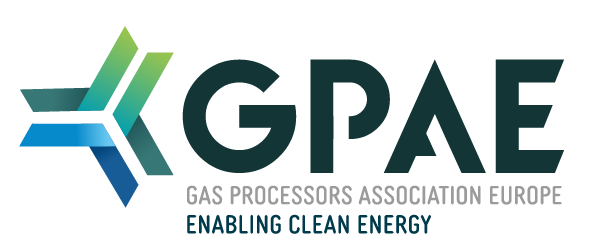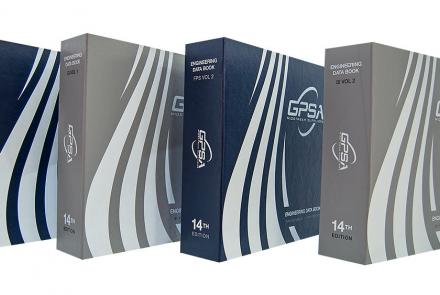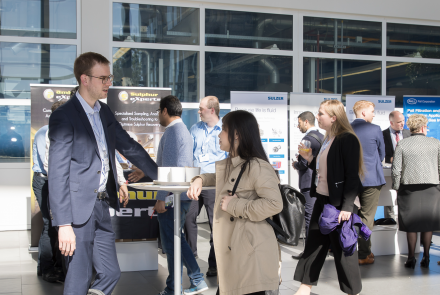Order your copy of the The GPSA Engineering Databook. The 14th edition is almost 1,000 pages of technical information and is the worldwide authoritative resource for technical and design information.
Reducing Methane Emissions in the Energy Sector: A Team Effort
Natural gas has been listed few months ago as environmentally sustainable in the EU Taxonomy Regulation, subject to satisfaction of certain criteria, such as on emissions limits. This will certainly help the development of the new LNG infrastructures we need to enhance the security of our energy system, as the recent war in Ukraine has emphasized: natural gas is, and will continue to be, a key energy source during the energy transition.
As more natural gas could mean more methane emissions, which we cannot afford, on December 2021, the European Commission published the proposal for a regulation on “methane emissions reduction in the energy sector and amending Regulation (EU) 2019/942”. Methane indeed is responsible for about 30% of current global warming, second only to CO2. According to UNFCCC, the Energy sector is responsible for 18% of anthropogenic methane emissions, corresponding to 129 bcm/year, almost twice Italy’s consumptions, and with high potential for a rapid, efficient, and effective reduction (up to 41% at no cost, according to IEA). Once issued, the regulation will be immediately in force across the Union, showing the strong commitment to expedite the implementation of the measures to reduce emissions across Europe. The main objectives of the regulation are the adoption of the highest MRV standards, the immediate reduction of emissions through mandatory LDAR, and the ban on venting and flaring, and the transparency on emissions related to gas imported into the EU.
The proposal is certainly an important milestone, and it can help achieving our common goals, but methane emissions were already in our agenda, with significant results already been achieved by various operators.
RINA has been involved in various projects worldwide along the whole value chain: technology assessment, plant design, O&M engineering, plant inspection, monitoring, and reporting. All with a focus to reduce methane emissions.
RINA is also contributing to the Assorisorse working group on methane emissions, which recently released a white paper on the matter.
The presentation will provide an overview of the international activities, regulations and working groups addressing methane emissions, and will show some case histories taken from RINA references, which include the application of novel technologies and the development of advanced tools and methods to reduce emissions in existing oil & gas infrastructures.
Presentation Only.


